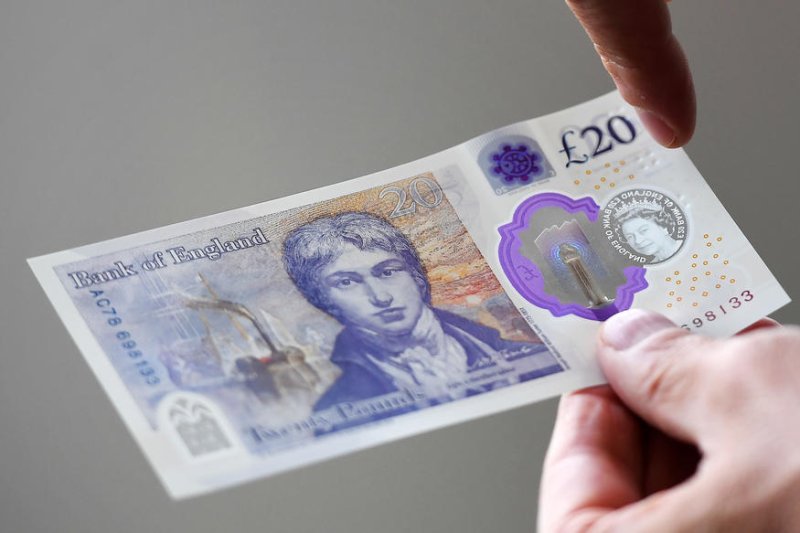Annual Consumer Price Index (CPI) in Britain experienced a slowdown in July, dropping to 6.8% from 7.9% in July 2022. This decrease was mainly influenced by the significant decrease in gas and electricity prices. However, it should be noted that the current inflation rate is still the highest it has been since March 1992, and it is more than three times the 2% target set by the central bank. This information was reported by the Office for National Statistics, the main statistical agency of the country. The image above depicts the magnitude of the decrease in gas and electricity prices, which contributed to the decline in inflation. Photo credit: Andy Rain/EPA-EFE.
In detail, the headline annual Consumer Price Inflation, which measures the rate of price increase, decreased by 1.1% to 6.8%. This decrease was largely driven by a nearly one-fourth drop in energy inflation compared to July 2022. The Office for National Statistics bulletin provides more insights into the latest movements in CPI inflation.
While food prices continued to rise in July, the pace of increase was slower at 14.8%, compared to 17.3% in July 2022. This slowdown was attributed to decreases in prices of milk, bread, and cereals. These factors helped to mitigate the overall impact on the headline inflation figure.
When examining the breakdown of price increases, it was found that the annual rate at which the price of goods rose slowed significantly from 8.5% to 6.1%, while services price rises accelerated, reaching 7.4%. This is the highest level since March 1992, when services price inflation was 9.5%.
It should be noted that critical underlying inflation, which excludes volatile items such as food and energy, remained at a high level of 6.9%. Matthew Corder, the Deputy Director of Prices at the Office for National Statistics, mentioned on social media that core inflation remained unchanged in July, as the falling cost of goods was offset by higher services prices.
The decline in inflation was praised by Chancellor Jeremy Hunt, who attributed it to the government’s prudent fiscal policy. However, he emphasized that there is still work to be done to achieve the target of halving inflation this year and bringing it back to 2%.
Opposition Labor criticized the ruling Conservatives, accusing them of mismanaging the economy and causing families in Britain to be worse off. Shadow Chancellor Rachel Reeves promised to build a stronger and more secure economy that puts money back into the pockets of working people.
It should be noted that Britain’s CPI is still more than triple the Bank of England’s 2% target and higher than the inflation rates of comparable economies such as France (5%), Germany (6.5%), and the eurozone as a whole (5.3%). In comparison, the United States has an inflation rate of 3.2%.
The combination of July’s inflation number and the latest wages data, which showed a significant increase of 7.8% in average earnings during the second quarter, indicates that there is a high probability of the Bank of England raising interest rates at its meeting in September. This would mark the 15th consecutive rate hike, with Bank Rate already being increased to 5.25% on August 3.
Denial of responsibility! VigourTimes is an automatic aggregator of Global media. In each content, the hyperlink to the primary source is specified. All trademarks belong to their rightful owners, and all materials to their authors. For any complaint, please reach us at – [email protected]. We will take necessary action within 24 hours.



